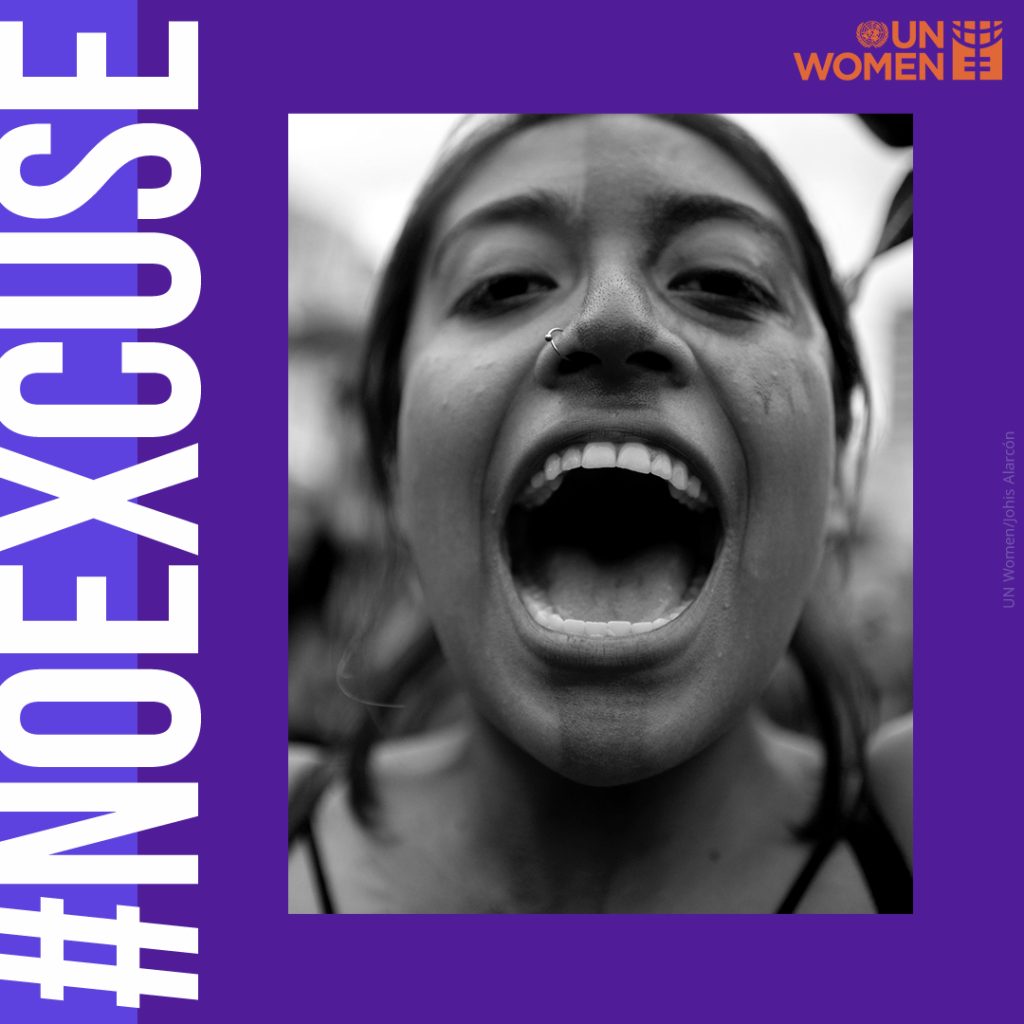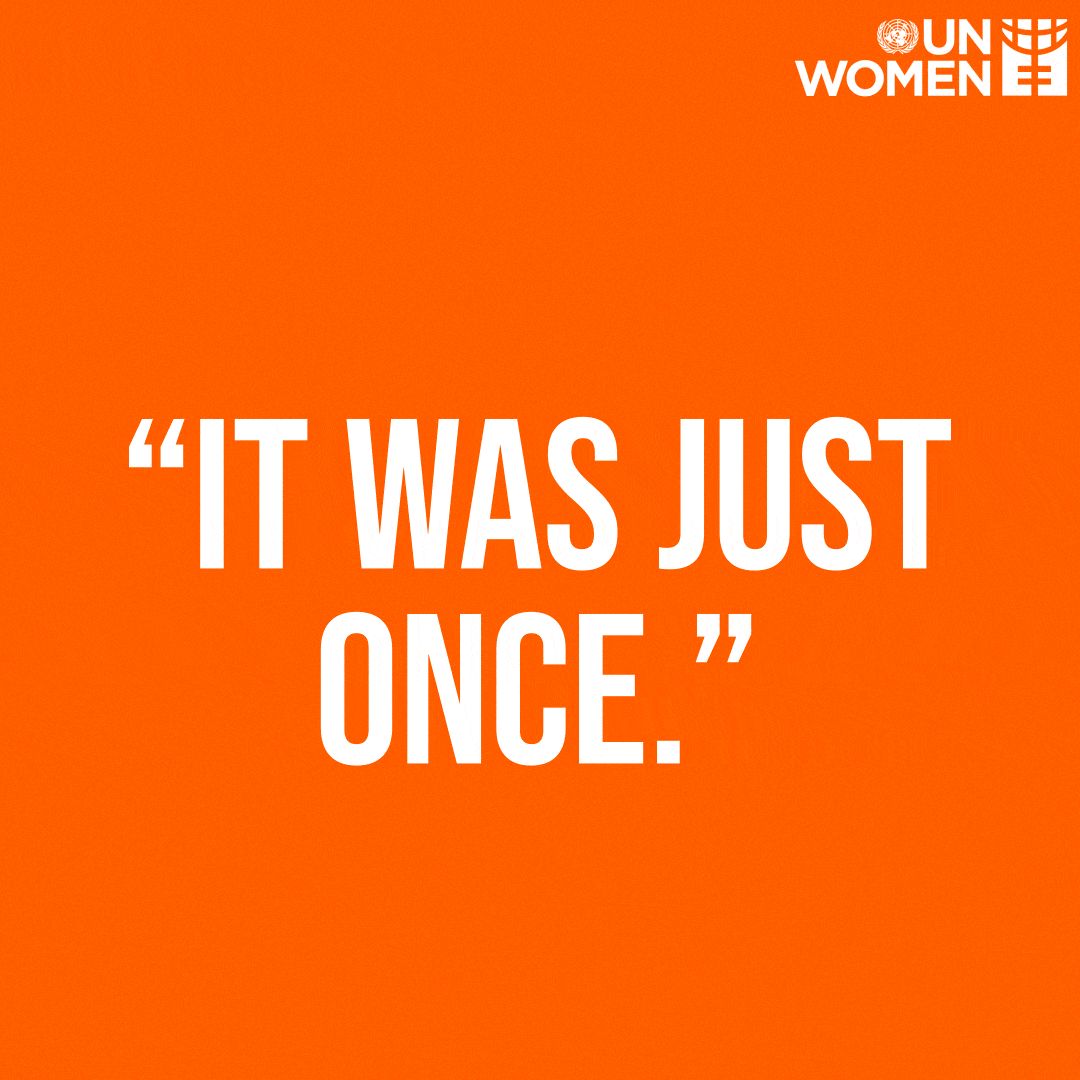On November 25, the International Day for the Elimination of Violence Against Women is celebrated internationally. The decision of the UN General Assembly on December 17, 1999, to establish this particular day aimed to highlight an important problem with a global dimension.
This day was established by women’s organizations already in 1981, in memory of the horrific murder of the three Mirabal brothers, political activists of the Dominican Republic, by order of the dictator Trujillo.
Both at a global level as well as at a national and local level, organizations, institutions, and companies, in the context of corporate social responsibility, plan, communicate, and organize actions and campaigns with the aim of awakening and informing the public as well as the sufferers.
The UN, through the organization of UN Women and under the leadership of the Secretary-General of the United Nations, from 2008 to today has a campaign of 16 days of activism against gender-based violence titled “UNiTE by 2030 to End Violence Against Women,” which ends on December 10, a day dedicated to human rights, indicating that violence against women is the most widespread violation of human rights worldwide.
The theme of this year’s campaign focuses on the resources—mainly financial—available to institutions to examine the phenomenon. According to data from recent surveys by the organization, 3 out of 4 countries do not have systems for monitoring the allocation of state budgets aimed at gender equality, while there is little available data and data from annual budgets that refer to the analysis of gender-based violence.
As they point out, without targeted investments, countries will not succeed in addressing the phenomenon. 78% of countries worldwide have committed to implementing specific legislation and allocating financial resources, yet only 42% have invested in services for victims of gender-based violence.
With the slogan “UNITE! Invest to Prevent Violence Against Women and Girls’, the UN is calling on civil society, women’s rights organizations, organizations working with men of all ages, government partners, human rights activists, schools, universities, the private sector, and sports clubs to strengthen and support strategies to stop all forms of violence.” We know what will work: a strong, proactive response to strengthen legislation and improve services to help and support victims.
#OrangeTheWorld
The color orange continues to be the landmark color of the United Nations that unifies all activities to attract global attention to this initiative.
However, as stated in this year’s announcement, in light of the energy crisis, the organization is preventing partners from lighting up buildings and looking at different ways to “paint the world orange.”
An action was followed by the European Commission, which raised an orange flag at headquarters in Brussels.
At the same time, he shares a package of materials on social media and urges all of us to take action for 16 days on them with the hashtag #NoExcuse. RESET participates in this campaign by sharing content on social media channels.


